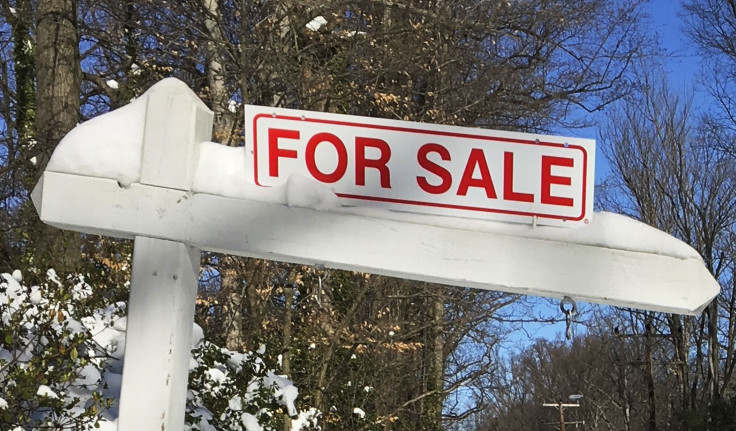Can You Still Get A Mortgage? Trump Victory And Fed Decision Cause 30-Year Rates To Spike

Average daily 3-year fixed mortgage rates rose to 4.16 percent from 4.13 percent in the past week—and from 3.47 percent at the end of October—while those for shorter-term fixed mortgages rose as well, continuing a steady two-month climb that has spurred worries that homebuyers might be disinclined to take out a mortgage.
The rise in rates is widely considered a result of both the general market’s post-election surge and the Federal Reserve’s Dec. 14 decision to hike its target for the federal funds rate, a bank-to-bank lending rate followed closely by mortgage rates.
After sending the stock and bond values into a brief nosedive, the Nov. 8 election upset of Donald Trump eventually resulted in a rise in not only various companies’ share prices but also government bond yields, including that of the 10-year Treasury, which mortgage rates tend to track, if loosely.
More recently, Fed Chair Janet Yellen announced the central bank’s decision to hike another interest rate tied to mortgages. She also declared the Fed’s intentions to increase the federal funds rate three times next year, which, as analysts told International Business Times, could either push potential homebuyers into jumping off the fence and taking out a mortgage now or into holding off for a while.
But many fears of a drop in home purchases may be unfounded, according to experts. For one thing, although rates are currently on the rise, their levels today are miniscule when compared to pre-recession peaks of 6.74 percent for a 30-year fixed mortgage in June 2007 and 6.46 percent in October 2008.
“Mortgage rates remain near historic lows, although it may not seem that way to recent, first-time buyers and those considering a home purchase,” Stephen Phillips, the president of Minneapolis-based real estate brokerage firm Berkshire Hathaway HomeServices, told CNBC.
The National Association of Realtors—acknowledging “rents and home prices outpacing incomes,” “scant supply in the affordable price range” and “the unwelcoming reality of higher mortgage rates”—still projected modest growth in sales of close to 2 percent for the housing market in 2017.
And while the government-sponsored Federal Home Loan Mortgage Corporation, also known Freddie Mac, predicted that higher rates would “drive down homebuyer affordability, dampening demand and weakening home sales” in 2017, the Washington, D.C.-based Mortgage Bankers Association remained somewhat optimistic. The association, while expecting a steep drop in refinances, projected an 11 percent rise in mortgage purchases, due to high growth expectations in line with Trump’s $1 trillion fiscal stimulus plan.
© Copyright IBTimes 2024. All rights reserved.





















